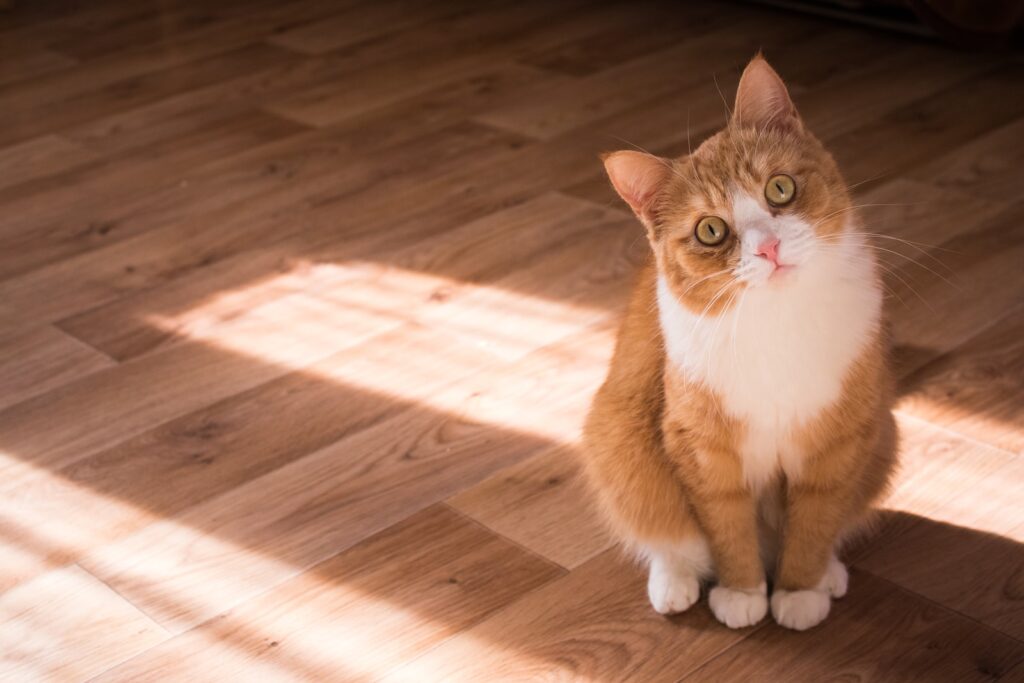Can Cats Eat Sugar? — No, They Can’t
Sugar is not suitable for cats and should be avoided in their diet. Cats are obligate carnivores, which means their bodies are designed to primarily digest and metabolize meat. Their digestive systems are not equipped to handle large amounts of sugar or carbohydrates. Feeding sugar to cats can lead to various health issues and should be strictly avoided.
Is It Safe for Kittens to Consume Sugar?
Kittens should also not consume sugar as it can have negative impacts on their health. Their small bodies are still developing, and introducing sugar into their diet can disrupt their nutritional balance and potentially lead to long-term health problems.
Risks Associated with Feeding Sugar to Kittens
Feeding sugar to kittens can increase their risk of developing obesity, diabetes, and dental issues. It can also lead to gastrointestinal problems and imbalances in their blood sugar levels, which can have serious consequences on their overall health and well-being.
Why Sugar is Not Recommended for Cats
High Risk of Obesity
Cats have a low tolerance for carbohydrates, and excessive sugar consumption can contribute to weight gain and obesity. Obesity in cats can lead to a range of health problems, including diabetes, joint issues, and heart disease.
Increased Risk of Diabetes
Cats are prone to developing diabetes, and a diet high in sugar can significantly increase this risk. Feeding sugar to cats can disrupt their insulin production and regulation, leading to insulin resistance and the development of diabetes mellitus.
Dental Issues
Sugar is known to contribute to dental problems in cats. The sticky nature of sugary foods can cause plaque buildup, cavities, and gum disease. Regular consumption of sugar can damage a cat’s teeth and result in painful dental issues.
Known Health Issues in Cats from Consuming Sugar
Feeding cats sugar can lead to various health problems, including obesity, diabetes, dental issues, gastrointestinal problems, and imbalances in blood sugar levels. Excessive sugar consumption can compromise a cat’s overall health and well-being.
What to Do If a Cat Has Consumed Sugar?
- Seek Veterinary Advice: If a cat has consumed sugar, it’s important to consult a veterinarian for guidance. They can provide specific instructions based on the cat’s individual health and circumstances.
- Monitor for Symptoms: Keep a close eye on the cat for any signs of gastrointestinal distress, changes in behavior, or abnormal urination. Note down any unusual symptoms to discuss with the veterinarian.
- Adjust the Diet: In consultation with the veterinarian, make necessary adjustments to the cat’s diet to ensure it is balanced, free from sugar, and meets their nutritional requirements.
Safe Alternatives to Sugar for Cats
Instead of sugar, there are safer alternatives that cat owners can consider to satisfy their cat’s sweet tooth. Small amounts of honey or mashed fruits like bananas or berries can be given as occasional treats. However, it’s essential to moderate the intake and consult a veterinarian before introducing any new foods to a cat’s diet.
Conclusion
Sugar is not suitable for cats and poses various health risks. Cats should be fed a balanced diet that primarily consists of meat and provides all the necessary nutrients. It is crucial to prioritize their well-being by avoiding the consumption of sugar and opting for healthier alternatives.






